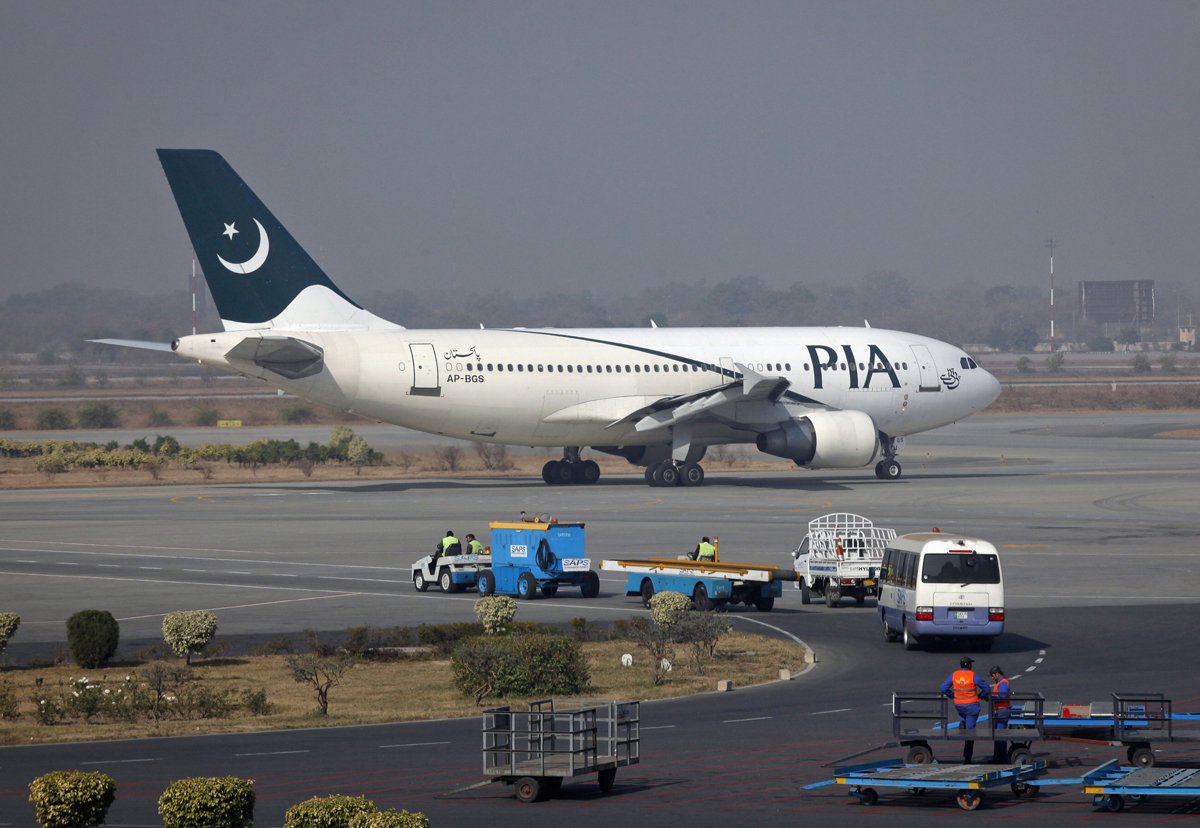
The major objective of the move is to set the airline free from the “clutches of bureaucracy” and government dictation, which is expected to help its Board of Directors to take flexible decisions. The new structure is expected to allow the company to invite a strategic investor to join it for improvement of PIA’s management, leading to more aircraft, more routes and better service for customers. Finance Minister Ishaq Dar has also clarified that the government is not contemplating privatisation of the airline as such, but is looking for a strategic partner who would bring investment for its expansion.
Indeed, PIA has been on the ventilator now for almost over a decade with its losses in the current year reaching around Rs300 billion. Overstaffing has been one of the major problems that the airline has been facing for decades. On the other hand, its fleet has dwindled to a point where the ratio between aircraft and employees is said to have gone up to 500 to one, against the world average of about 125 to one. The airline is facing a deficit of Rs21 billion, which is likely to keep expanding unless some creative moves are made to cut down the expenditure or enhance profits.While the cash-strapped government is finding it increasingly impossible to continue to meet the airline’s debt obligations through budgetary resources, the necessity to function within the ambit of the International Monetary Fund’s (IMF) conditions has made it doubly impossible for it to continue to live with the current state of affairs in PIA. The IMF is said to have given a deadline of June next year by which time it expects the government to unburden the budget from PIA’s escalating financial losses.
Successive governments have tried to resolve the financial and managerial crises confronting the airline, but have failed miserably. The latest attempt by the current government, ostensibly to seek a strategic investor to manage as well as invest in the expansion of activities of the airline without having to trim the staff bulge, appears on the face of it, more like a wishful desire than a scheme capable of achieving the impossible. Still, in view of the enormity of the problem, there is no harm in giving it a fair trial.
However, the interests of the employees need to be safeguarded with extra care while implementing the scheme and the entire exercise should be conducted in a transparent manner. In this regard, while welcoming the decision to constitute a parliamentary committee consisting of members from both the houses with their proportional representation in the Senate and the National Assembly to discuss the issue of PIA’s privatisation and monitor the process, we would like to see on the committee some members from PIA’s labour unions and others with expertise in the airline business. One more important point, like affordable education and affordable health cover, providing affordable transportation is also an essential responsibility of the state so that citizens living in the remote corners of the country do not feel left out from the mainstream and are eventually alienated. We expect the government to keep this point in mind while implementing the scheme.
Published in The Express Tribune, December 13th, 2015.
Like Opinion & Editorial on Facebook, follow @ETOpEd on Twitter to receive all updates on all our daily pieces.


1723278472-0/BeFunky-collage-(4)1723278472-0-165x106.webp)









COMMENTS (5)
Comments are moderated and generally will be posted if they are on-topic and not abusive.
For more information, please see our Comments FAQ